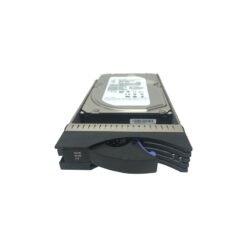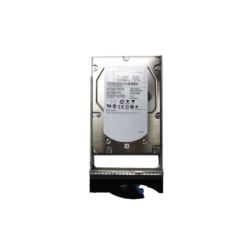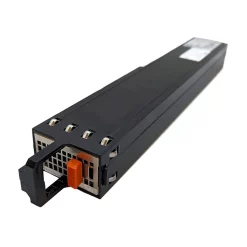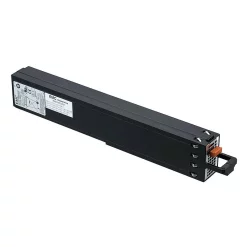EMC Unity Hybrid Flash: A Comprehensive Exploration
Overview of EMC Unity Hybrid Flash
EMC Unity Hybrid Flash offers a versatile and robust storage option designed to meet the diversified needs of modern data centers. This array is designed for mid-sized IT environments that require a blend of high performance and cost-effectiveness, making it ideal for mixed workloads. Unity Hybrid Flash stands out due to its efficient architecture and easy integration capabilities, offering compelling features that optimize storage management.
Key Features of EMC Unity Hybrid Flash
- Unified Storage: Supports block and file storage, as well as VMware Virtual Volumes (vVols).
- Advanced Data Services: Includes snapshots, replication, and integrated copy data management.
- Multi-Core Optimization: Utilizes multi-core processors for enhanced performance.
- Intuitive Management: Features a user-friendly HTML5 management interface.
- Cloud Integration: Supports data tiering with platforms like AWS for seamless cloud extension.
Technical Specifications
| Component | Specification |
|---|---|
| Controller Configuration | Dual-active controller architecture |
| Processor Type | Intel multi-core processors |
| Memory | Up to 256 GiB per array |
| Maximum Drives | Up to 500 drives (depending on model) |
| Drive Support | Mixed SAS, NL-SAS, and Flash drives |
Architecture and Functionality
The architecture of EMC Unity Hybrid Flash combines the benefits of flash and traditional hard drives, optimizing for both performance and capacity. At its core, the system leverages:
Dual-Active Controller Architecture
This configuration allows both controllers to simultaneously process I/O operations, ensuring maximum throughput and data availability. This design enhances resilience and performance, reducing the risk of bottlenecks during heavy data transactions.
Data Flow and Storage Pools
Data is stored within virtualized storage pools, each incorporating multiple drives of different types and speeds. Storage pools dynamically manage data placement, ensuring frequently accessed data remains on flash drives to maximize performance.
Data Flow Diagram

Advanced Data Services
Unity Hybrid Flash provides several data services to enhance performance and protection:
- Snapshots: Create point-in-time copies of data for backup and recovery purposes.
- Replication: Enable synchronous and asynchronous replication for disaster recovery.
- Compression and Deduplication: Reduce data footprint through these space-saving techniques.
Use Cases
EMC Unity Hybrid Flash’s unique combination of features makes it suitable for various applications:
Virtual Desktop Infrastructure (VDI)
Offers fast boot-up and application response times suited for VDI. The hybrid framework provides balanced performance for both steady and spiky workloads in virtual environments.
Database and Online Transaction Processing (OLTP)
Accelerates access for read-intensive and random write transactions. By leveraging flash, Unity noticeably reduces latency and accelerates database query performance.
Unified and Consolidated Workloads
Ideal for businesses seeking to consolidate servers and storage. The unified platform supports a wide variety of protocols such as iSCSI, NFS, and SMB, allowing flexibility and easy integration within existing networks.
Comparison with Competing Technologies
When compared to traditional storage arrays and other competitors, such as NetApp AFF and Pure Storage, EMC Unity Hybrid Flash offers a middle path balancing cost and performance.
Strengths
- Cost-Effective: Offers a mix of high-performance flash with traditional HDD for a balanced approach.
- Comprehensive Data Services: A wide range of built-in capabilities like snapshots and replication are included.
- Ease of Management: The HTML5-based Unisphere interface simplifies operations.
Weaknesses
- Maximum Scale: Cannot scale to the extremes some all-flash arrays can achieve.
- Performance Ceiling: While versatile, may not deliver the ultrahigh performance for exclusively flash-optimized workloads.











